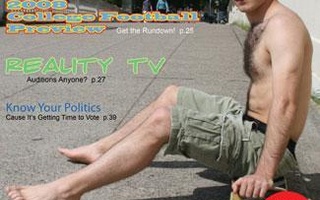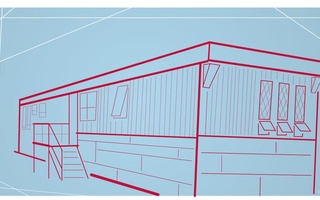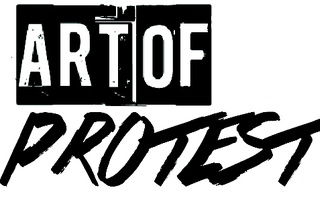As the weather gets colder and colder in Cambridge, more and more people are taking their clothes off—on stage, at least.
Two shows recently seen in the Loeb Experimental Theater featured nudity. Six Degrees of Separation, directed by Matthew J. Weinstock ’05, used nudity because the script called for it. Faust’s script does not include nudity, but the adaptation written and directed by Clint J. Froehlich ’05, who is also a Crimson editor, employed six nude extras in the beginning and at the end of the show.
Froehlich, who says he fell in love with Goethe’s play when he read it a year ago, wanted to reinvent the play for a modern context.
“It’s really useful to take classics of the theater, be it European or American, and make them about contemporary issues,” he said. “When looked at in a contemporary context, you can make Faust about anything you want while still being faithful to the language.”
The contemporary issue Froehlich wanted to tackle was how “socially normative forces” play a role in “black female subjectivity,” two subjects that allowed him to bring some of his academic interests—as well as dance and movement—into his adaptation.
Besides this textual aspect, Froehlich also focused on music for his adaptation. It was from this part of his adaptation that the idea to use nude actors in the show first occurred to him.
“The nudity in the end first came to me as an aesthetic choice,” he said. “I thought it would be interesting to have a cast of nude actors not in the rest of the show to come on stage with Faust and I think it was originally an aesthetically motivated decision.”
Because Froehlich wanted his adaptation to examine the way individual bodies move through space and what that means in contemporary society, he wanted to use the nudes as a way to show the audience the intricacies of the body, especially after they witness the horrors done to Gretchen.
He acknowledged, however, that although his initial concept was important, “it wasn’t enough for me to justify doing that.”
The purpose of the nudes crystallized as Froehlich talked about the idea with other people involved in the production, including some of his designers. The idea of individual bodies was reinforced by the integration of bodies into the set, which included red body prints of the cast.
Because the six extras for the play were all white, Froehlich further conceptualized their presence to echo the plot.
“In the beginning, we had these naked white people bearing down on Gretchen, and it became a force of white power and white beauty, which was discussed in a show through a Cornel West monologue,” Froehlich said. “Like Faust, at the end of the play they realize the violence that they had done, and they become different bodies and different people that can overcome these structures they were a part of.”
These “normative structures” that Faust and Gretchen wrestle with in the play were a main factor in Froehlich’s decision to use nude actors. “My main goal was this sort of unsubtle revealing of these structures through pop performances and bold images to inspire the audience to make changes in their lives and in the world around them,” he said.
Aoife Spillane-Hinks ’06, who played Mephistopheles in the production, and who did not appear nude in the play, felt the nudity was integral to the play in the bold statement it made to the audience.
“In a way it was the bookends of the production—the beginning scene was very demonic, berating the victim of the situation, Gretchen. In the end they were voices of hope and struggle,” she said. “There was something almost universal about the image—there was something ugly about its use in the beginning, and something pure in the end.”
Read more in Arts
Wenders Exhibits PhotosRecommended Articles
-
 Need Money? Earn $$ With Your Naked Self
Need Money? Earn $$ With Your Naked Self -
Cosmopolitan PoliticianThe Brown phenomenon has brought to light more than just the supposed Republican re-takeover of our national government.
-
Feb. 7, 1978: Harvard’s Only Snow DayHarvard historically has been reluctant to declare a snow day.
-
Monk's Quirky Characters Never Transcend SillinessTo be fair, not all of “Nude Walker” is painfully cliché. It does, after all, have a scene in which a naked schizophrenic—the main character’s mother—struts around rural Pennsylvania bedecked with little more than a handbag and red lipstick.
-
 Trailer Talk
Trailer Talk -
 Olympia
Olympia













